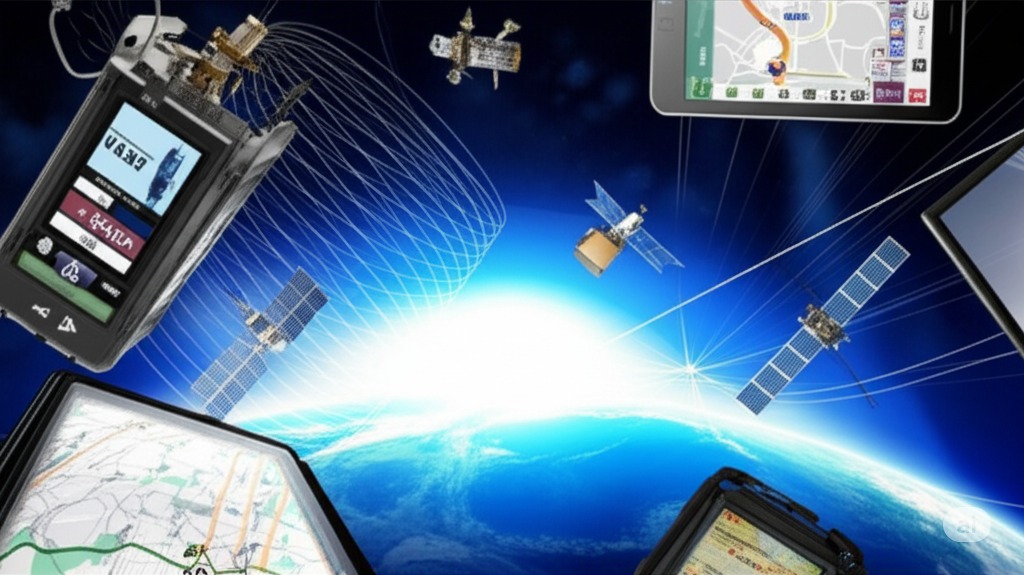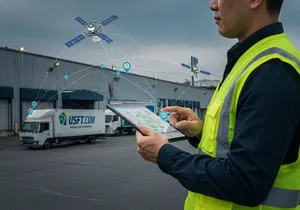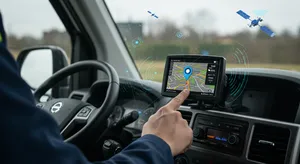Core GPS Technology Components
- 24+ satellites orbiting Earth providing global coverage
- Ground control stations monitoring system accuracy
- GPS receivers calculating precise position coordinates
- Real-time data transmission and communication systems
- Advanced algorithms for signal processing and triangulation
- Atomic clocks ensuring nanosecond timing precision
- Multi-frequency signals for enhanced accuracy
- Integration capabilities with mapping and software platforms
GPS technology forms the foundation of modern navigation and tracking systems, enabling precise location services that power everything from smartphone apps to complex fleet management solutions worldwide.





